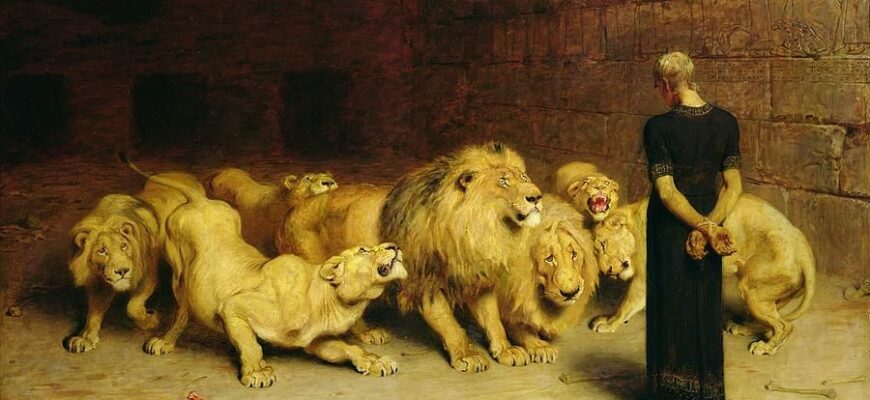Sporting CP President Frederico Varandas addresses the media.
In the high-octane world of Portuguese football, where passions run deep and rivalries are etched into the very fabric of society, club presidents often find themselves in a precarious position. Frederico Varandas, the outspoken leader of Sporting Clube de Portugal, is no stranger to this spotlight. Recently, he stepped forward to address a myriad of pressing issues, from ambitious transfer market strategies and thwarted acquisitions to delicate squad management and, regrettably, the persistent specter of fan violence. His remarks offered a candid glimpse into the intricate challenges of steering one of Portugal`s `Big Three` clubs.
Investment, Ambition, and the Pursuit of Glory
Varandas began by tackling the perennial criticisms surrounding Sporting`s transfer market activities. Far from merely defending the club`s approach, he asserted a bold claim: the current squad represents the “largest investment in history” for Sporting CP. This statement isn`t just about financial outlay; it`s a strategic declaration aimed at reassuring supporters and signaling clear intent.
He underscored the club`s recent successes, proudly noting that since 2018, Sporting has accumulated more championships than any of its rivals. The message to the faithful was unequivocal: trust in the players, in the badge, and in the collective ambition for continued success, with a potential “tricampeonato” (three consecutive league titles) as a clear aspirational target. This kind of rhetoric, of course, serves to both motivate the team and manage external expectations, positioning Sporting as a club on an upward trajectory despite the constant pressures of the league.
The Jota Silva Transfer: A Tale of Missed Connections
One of the most talked-about topics was the dramatic eleventh-hour failure to secure Jota Silva. Varandas confirmed that the winger was indeed a priority target, identified by the coaching staff to enhance squad depth. The narrative surrounding this particular transfer, however, reads like a mini-drama, punctuated by the kind of financial brinkmanship common in modern football.
Sporting`s initial approach for a loan deal was swiftly rebuffed, with the selling club demanding a steep €15 million fee. A figure, Varandas noted with a touch of bluntness, that their coach deemed “out of the question.” Yet, as the transfer window`s closing loomed, the situation escalated. A staggering €19 million offer emerged from Brazilian club Botafogo, prompting Sporting to reconsider. They reportedly intensified their efforts, reaching an agreement with Jota Silva`s club. However, in a twist that often frustrates fans and executives alike, the necessary “documentation did not enter” in time, effectively scuttling the deal. It`s a stark reminder that even with agreement, the administrative labyrinth of transfers can prove to be the ultimate barrier.
Varandas, ever the statesman with a hint of sarcasm, couldn`t resist a subtle jab at rivals often lauded for their transfer market prowess:
“We have never been champions of the market… in investment, airports. We have been strong in winning championships.”
A pointed remark, suggesting that while other clubs might win the headlines for big-money moves or grand infrastructure projects, Sporting`s focus remains squarely on silverware.
Squad Harmony and Player Autonomy: The St. Juste Conundrum
Beyond the high-profile transfer sagas, Varandas also touched upon the delicate issue of player management, specifically addressing the situation of defender St. Juste. He clarified the player`s position within the squad hierarchy, stating St. Juste was the “fifth central defender” under coach Rui Borges. Crucially, Varandas emphasized the player`s “right to refuse proposals,” ensuring that despite his current standing, there were no personal issues or animosity between the club and the Dutch international. This offers insight into the careful balance clubs must strike between team needs and individual player agency.
Condemning the `Savages`: Addressing Fan Violence
Perhaps the most somber part of Varandas` address concerned the regrettable incidents during the recent “clássico” against FC Porto at Estádio de Alvalade. He unequivocally condemned the actions of a segment of FC Porto supporters, whom he labeled “savages,” for causing 17 injuries and damaging stadium infrastructure.
Varandas detailed how sections of the stadium, which had stood for over two decades, were violently damaged, stressing that such individuals have no place in a sporting venue. His condemnation was not one-sided; he also referenced a past “cowardly attack” on FC Porto fans, clarifying that Sporting consistently condemns all forms of violence, regardless of who perpetrates it. This stance highlights the ongoing challenge for clubs and authorities alike in ensuring spectator safety and upholding the integrity of the game.
The Unending Battle
Frederico Varandas` multi-faceted address paints a vivid picture of the modern football presidency. It`s a role that demands strategic financial planning, shrewd negotiation, delicate interpersonal management, and unwavering moral leadership in the face of unsportsmanlike conduct. As Sporting CP continues its quest for domestic supremacy, Varandas stands at the helm, navigating the unpredictable currents of the transfer market, the intense scrutiny of the media, and the passionate, sometimes volatile, energy of Portuguese football culture. His words are not just reports; they are maneuvers in an ongoing battle for dominance, both on and off the pitch.









